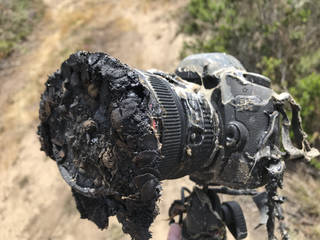|
|
The Forecast: In the year ahead, the era of selfie journalism fully takes root. As print-driven journalism fades, robust coverage of communities, and the issues that drive life in those areas, suffers. General news coverage provided by dominant media outlets fades. And that encourages upstart media outlets to fill the coverage gaps — and local advertising gaps, too. Family owned operations, satisfied with reasonable profit margins, can increase their relevance and importance to the communities they serve.
On the larger scale, the big chains, now independent from other profit centers, still see potential sizable profits by cutting expenses even more as they acquire other properties and consolidate operations.
Update: This trend is tracking exactly as forecast. Gannett Co., Inc. recently separated its publishing and digital/broadcast divisions. The New Media Investment Group, which freed community newspaper company GateHouse Media from bankruptcy and manages its assets, is well on track to meet its goal of $1 billion in acquisitions, integrating daily newspaper/media operations across the country into its expanding operation. The other major publishing companies — Tribune Co., Scripps Howard, News Corp., etc. — also have separated their publishing divisions from other assets and continue to streamline news-gathering and other resources. Bottom line: local coverage contines to shrink.
The institute is forecasting that 2015 will see the final transition of making digital strategic/business models primary for traditional newspaper operations. While print advertising and circulation revenue will continue to be critically important, a series of new platforms — and the news-gathering strategies to support those platforms — will essentially be built, tested and launched.
The operative word for this new frontier is consolidation. The chains have the reach via the number of outlets they own to share the same content and advertising to maximize revenue potential. With publishing assets isolated from other more profitable assets, like broadcast, these operations will have to answer to shareholders. If not profitable, it’s do-or-die time.

